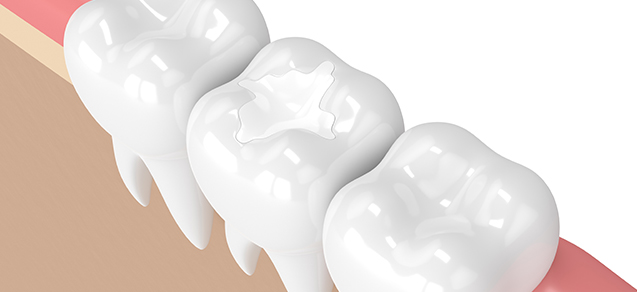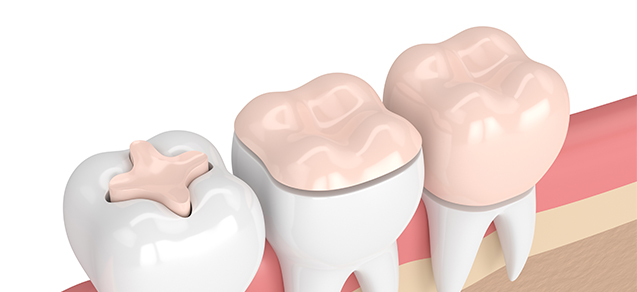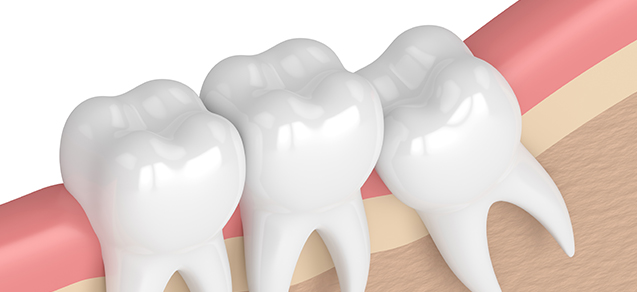Fear is a learned behaviour which, therefore, can be unlearned. Patient-centred behaviour modification that treats you as a whole person, not as a set of teeth can help you overcome your fears. Read on to explore how our nervous patient programme has been developed.
Empower Yourself
Explanation and clarification of any and all procedures proposed is your right as a patient. If you have a question about a particular procedure, ask it! Empower yourself with the knowledge to alleviate fear of the unknown. You should have input into treatment decisions and choices. You should be honest with your dentist regarding how much treatment you think you can tolerate at first. As you build confidence in yourself and trust in the team that is caring for you, the length of your appointment and the amount of work accomplished will increase.
Sense of Control
A signalling system should be established allowing you to stop for any reason, whether it be because you need more anesthesia, want to rinse, or simply need a break. The most common signal is raising your hand.
Relaxation Techniques
If you feel tense in the chair, the easiest way to relax is through forms of physical relaxation. A relaxed body promotes a clear and relaxed mind. The human body cannot be physically relaxed and mentally anxious at the same time! The brain won’t process these feelings simultaneously. Physical relaxation methods are easier to accomplish at first as compared to cognitive ones, so practice forms of physical relaxation first. Examples of physical relaxation are Diaphragmatic Breathing, Progressive muscle relaxation and various methods of taught yoga.
A relaxed body promotes a clear and relaxed mind. By inducing relaxation in the presence of the stimuli that normally induce phobias (the dental environment), the fear response is greatly diminished over multiple exposures and you will gradually desensitize yourself to these fears as you build confidence. The memories of traumatic visits will be replaced with more innocuous ones and this less threatening environment coupled with your relaxation methods will help you alleviate your fears.
Never be Embarrassed
If you have been ridiculed in the past for your behaviour or if you are embarrassed by your present dental condition caused by your neglect, please express yourself honestly and give your dentist a chance to understand your concerns and show you that they care. You will be amazed at the wealth of treatment options that you might not have thought were possible. With modern dentistry, it’s never too late to recreate a new smile!
Predictable Pain Control
Modern dentistry has many new techniques with regards to the administration of local anaesthetics to block any possibility of pain.
There are many people who have anatomical or biological variations that do require more individualized techniques in order to predictably achieve proper local analgesia. This variation must be respected and communicated to your dentist.
All injections should be given slowly. The needle itself is not the major cause of discomfort, but in fact, it is the pressure and volume of fluids being injected that causes the discomfort. There are also great differences in the types of tissue in various locations anatomically and from person to person that must be considered when administering injections.
Distraction
As you get more comfortable in the dental environment, you can engage in various distraction techniques that are available. The use of MP3 players is a common technique. We only suggest distraction techniques once you have established some trust and confidence because your ability to communicate will be compromised, although it is easy to stop any of these devices if need be.
If you are looking to improve your smile, click here or request an appointment by calling 01483 495 303



We need your consent before you can continue on our website. You can find more information about the use of your data in our privacy policy.
You can find more information about the use of your data in our privacy policy. Here you will find an overview of all cookies used. You can give your consent to whole categories or display further information and select certain cookies.















